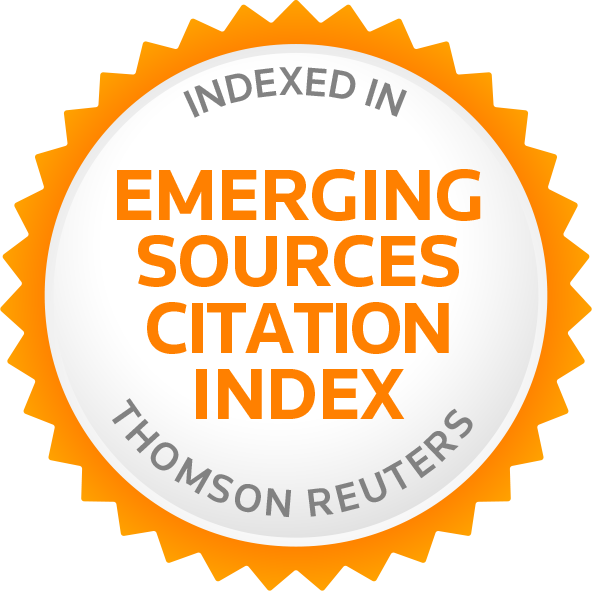“La comunicación política y el discurso polémico como tono de época en la radio y la televisión”.
Keywords:
comunicación política, discurso polémico, radio, televisiónAbstract
En la actualidad nos enfrentamos a un proceso de intercambio discursivo entre políticos y periodistas; entre periodistas y periodistas; entre políticos y políticos; materializados en soportes significantes que determinan las condiciones de su circulación (la oralidad de la radio, la imagen televisiva).Pensar la política fuera del conflicto implica desconocer aspectos fundamentales de la política democrática. Por ello el discurso argumentativo es una herramienta indispensable para contextos en los que no se ha hecho uso frecuente de estos dispositivos y se tiene una tradición muy amplia de silencio o de negación de la palabra ajena. El objeto central de nuestro enfoque es observar, describir y analizar la forma y el funcionamiento de la argumentación política propia de la comunicación conflictiva entre partidarios y adversarios. Frente a los diferentes temas que circulan cotidianamente en la sociedad y que la radio y la televisión recortan en la producción de su agenda. Esta comunicación conflictiva se expresa a través del discurso polémico, como batalla, guerra verbal, o confrontación discursiva eminentemente dialógica; que involucra el compromiso de por lo menos dos “contendientes”, dos enunciadores que elaboran posiciones antagónicas en torno de un objeto común. Estas dos voces se enfrentan en el enunciado polémico, que se constituye, entonces, como un contradiscurso cuya finalidad es falsificar, refutar, el discurso del adversario.
Downloads
Downloads
Published
How to Cite
Issue
Section
License
The acceptance of an original by the journal implies the non-exclusive transfer of the patrimonial rights of the authors in favor of the publisher, who allows the reuse, after its edition (postprint), under a Creative Commons License Attribution-NonCommercial-ShareAlike 4.0 International.
According to these terms, the material can be shared (copy and redistribute in any medium or format) and adapted (remix, transform and create another work from the material), provided that a) the authorship and the original source of their publication (magazine and URL of the work) are cited, b) is not used for commercial purposes and c) the same terms of the license are maintained.
The assignment of non-exclusive rights implies that after postprint in Oficios Terrestres authors may publish their work in any language, media and format; in that case, it is requested that they signal that the material was originally published by this journal.
Assignment also entails the authors’ authorization for the work to be collected by SEDICI, the institutional repository of the Universidad Nacional de La Plata, and for it to be indexed in the databases that the publisher thinks appropriate for enhancing the visibility of the published work and its authors.
In addition, the journal encourages authors to submit their works to other institutional and thematic repositories after their publication in Oficios Terrestres, under the assumption that offering society unrestricted access to scientific and academic production contributes to a greater exchange in global knowledge.






_(Custom)11.jpg)




.png)






















